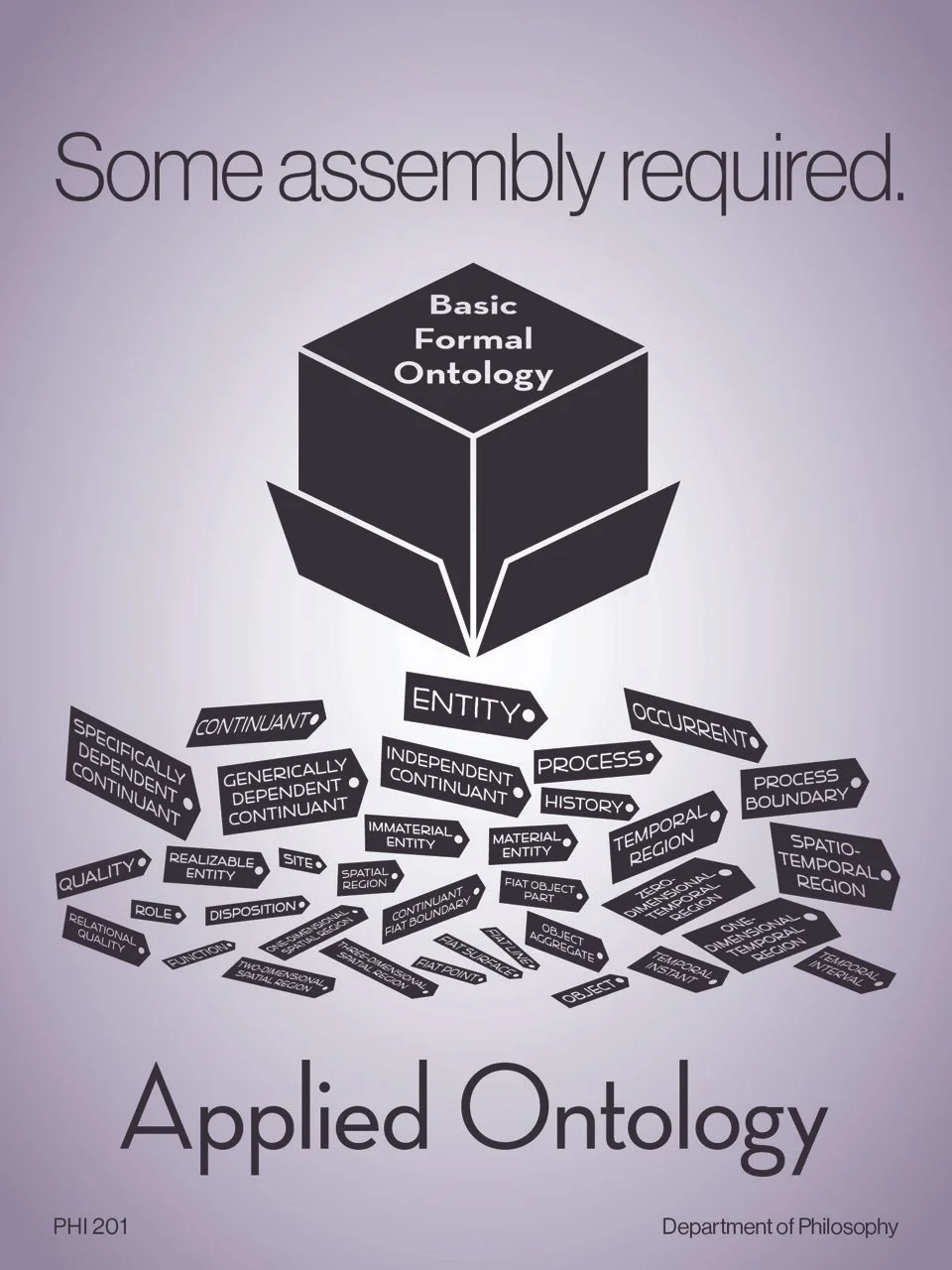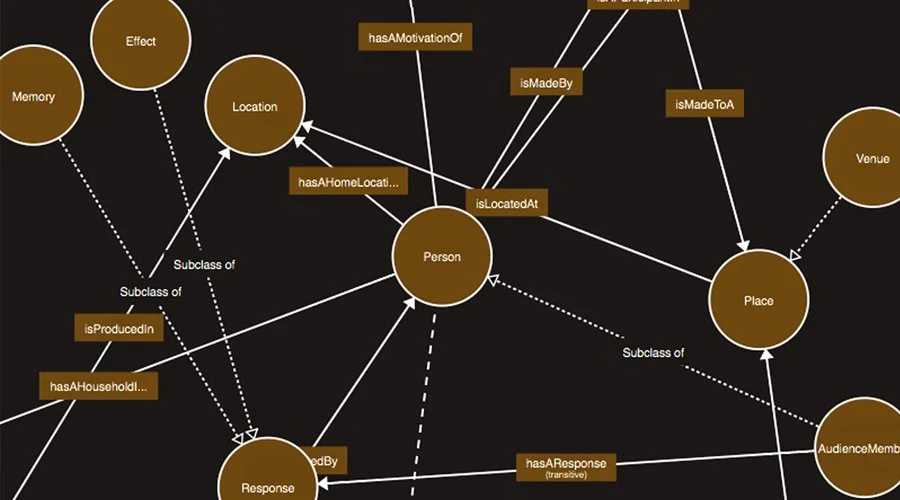
My work is at the intersection of ontology and knowledge graph engineering, formal logic, and machine learning, with applications to representations of infectious disease, top-level ontology modeling, and healthcare ethics. I obtained my PhD in philosophy from Northwestern University and previously worked at Johns Hopkins Applied Physics Laboratory as a senior ontologist, leveraging my knowledge representation skillset to support traditional machine learning workflows. I am presently an Assistant Professor at the University of Buffalo and Co-Director of the National Center for Ontological Research. Throughout my research, I have worked with numerous groups curating, creating, and applying knowledge representation artifacts to semantic interoperability challenges, supporting efforts to identify vaccine and drug treatment options for COVID-19, updating the widely-used Infectious Disease Ontology, developing the Virus Disease Ontology extension, and developing the Coronavirus Infectious Disease Ontology which extends from it. I have also worked extensively on Basic Formal Ontology (ISO/IEC 21838-2), used in the Open Biological and Biomedical Ontologies, Industrial Ontologies Foundry, and Common Core Ontologies suite. My ontology research informs and has been informed by my work in the natural language semantics, analyses of epistemic injustices that arise in healthcare settings, and narrative themes for meaning-making near end of life.
You can use the navigation bar above to find my CV, drafts of my publications, and examples of some of my current research projects. If you would like to contact me you can reach me via email here. If you'd like to seem me in action, check out my:
- ORCID
- Semantic Scholar
- Research Gate
- Github
- PhilPapers
- Google Scholar
- Stack Exchange
- Youtube
- Wikipedia
- Web of Science
- Scopus
- Arxiv
Or my featured blog entries below.
A long-standing issue among BFO users and developers has concerned how best to represent time.





























